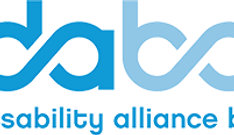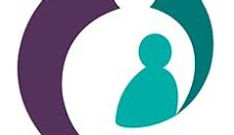---- Grade 8 ----
---- Grade 8 ----
SD20 Learns Newletters
SD20 Learns Newletters
SD20 Learns Newletters
Back
Back
Back
KCSD LEARNs
LEARNING STANDARDS:
Factors that affect self-identity
-
What factors contribute to how you see yourself?
-
self-esteem
-
self-efficacy
-
cultural heritage
-
body image
LESSONS:
Recognizing how knowing our talents and giving compliments both support self-esteem
Understanding that gender stereotypes and how they impact our self-identity
Inclusive Transitions

A journey of a thousand miles starts with one step, and a good transition plan!
Transition planning for adult life is a unique process for every individual.
Students with diverse abilities may benefit from more individualized planning. Kootenay-Columbia School District is committed to honoring students' unique strengths, interests, goals and needs and to facilitating collaborative, person-centered programming and planning.
Transition planning is grounded in the ideal of Meaningful Participation.
Meaningful participation refers to a person's ability to be active, included and valued and it is unique to every individual. Transition planning is intended to develop the skills, knowledge and resources that promote meaningful participation in adult life.
Inclusive transition planning begins in grade 8 and a key component is determining a student's transition pathway. This is usually done in preparation for Grade 10 and is done in consultation with the student, their family and their school team.
Inclusive Transition Pathways
Resources for Program Planning
Regardless of the transition pathway a student embarks upon, they are entitled to rich, individualized programming that promotes meaningful participation in high school and beyond.
Program planning is collaborative, facilitated by the student's SST (Student Support Teacher) and guided by Kootenay-Columbia School District's Life Skills Curriculum and Transition Planning Guide.


















